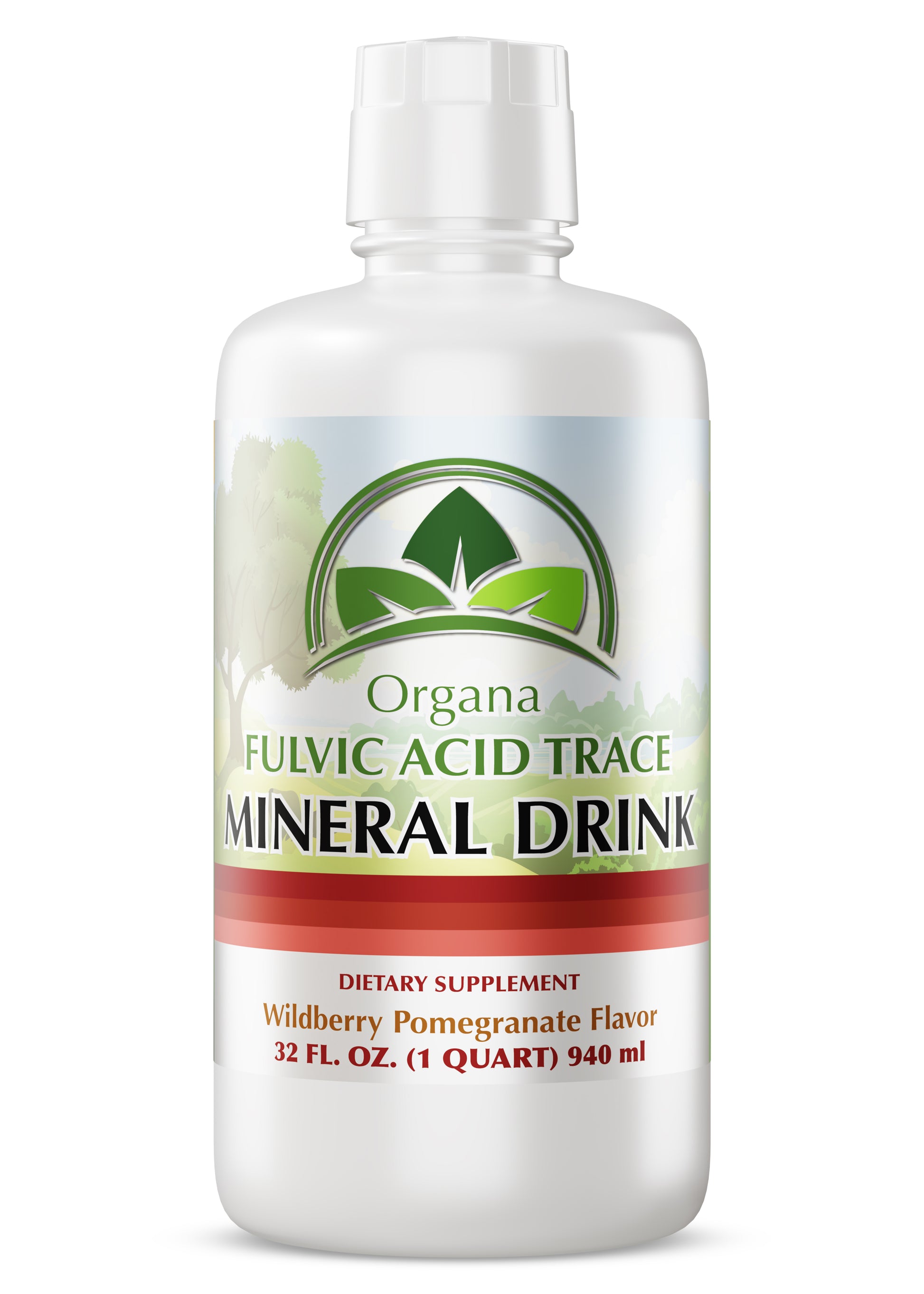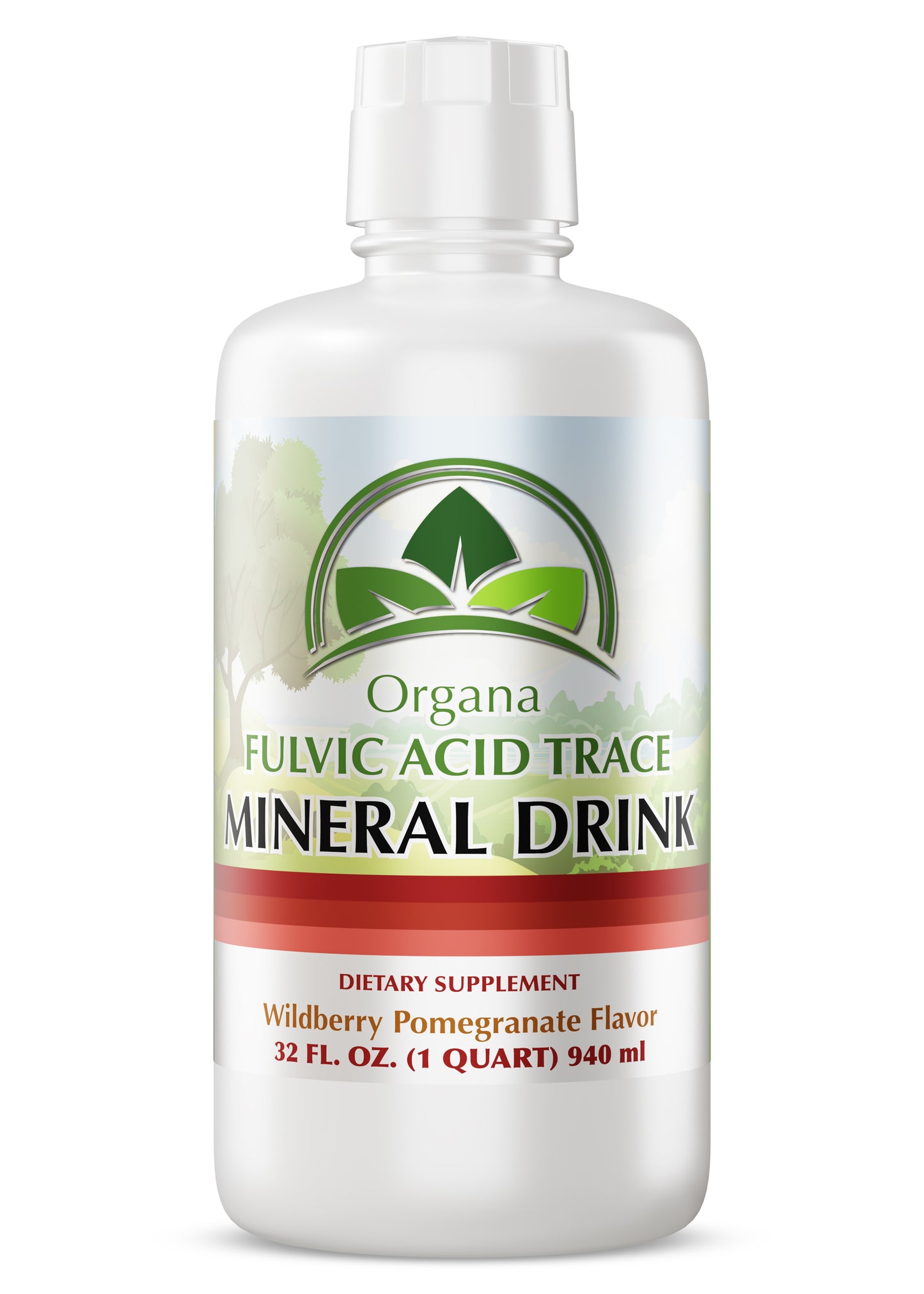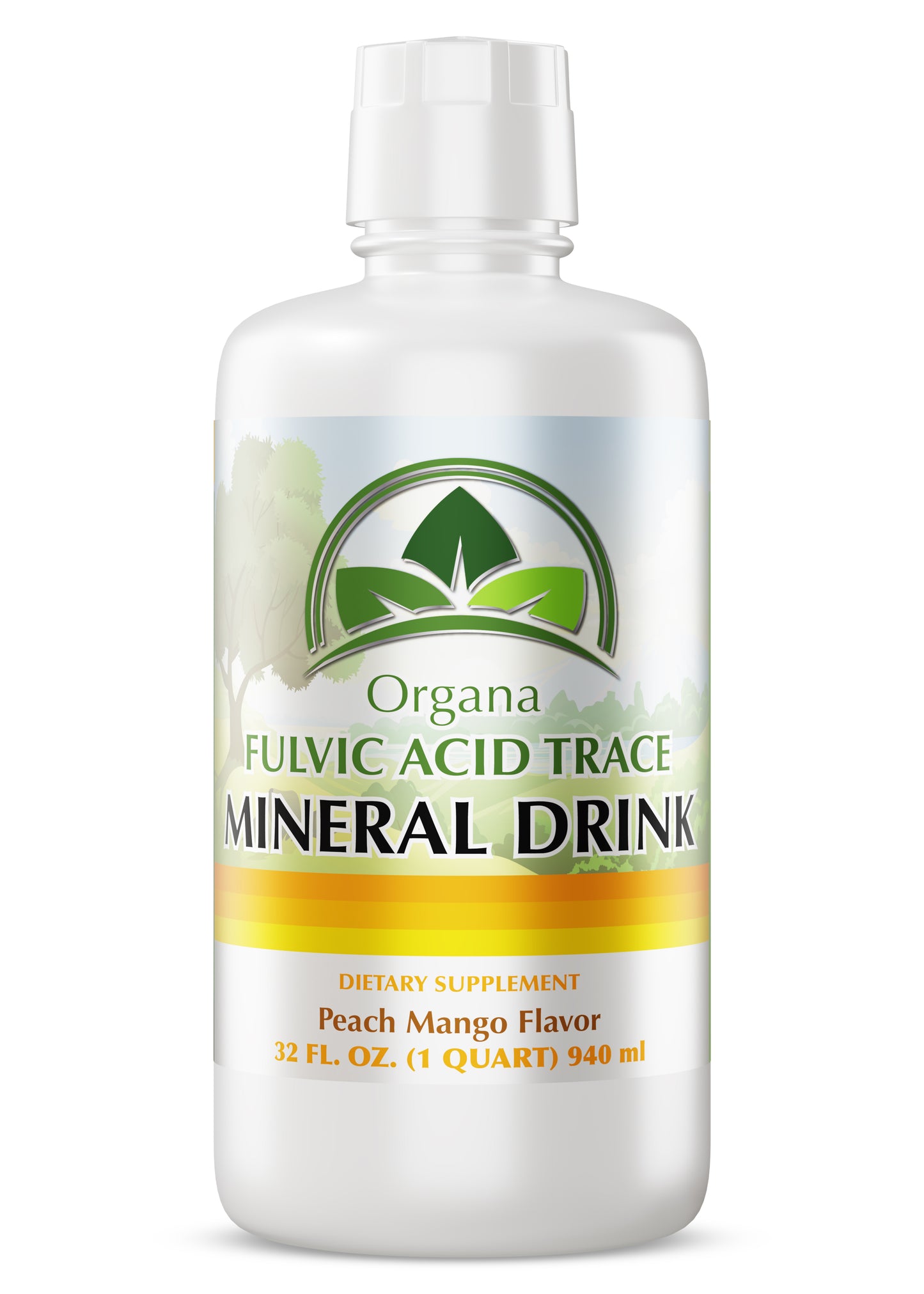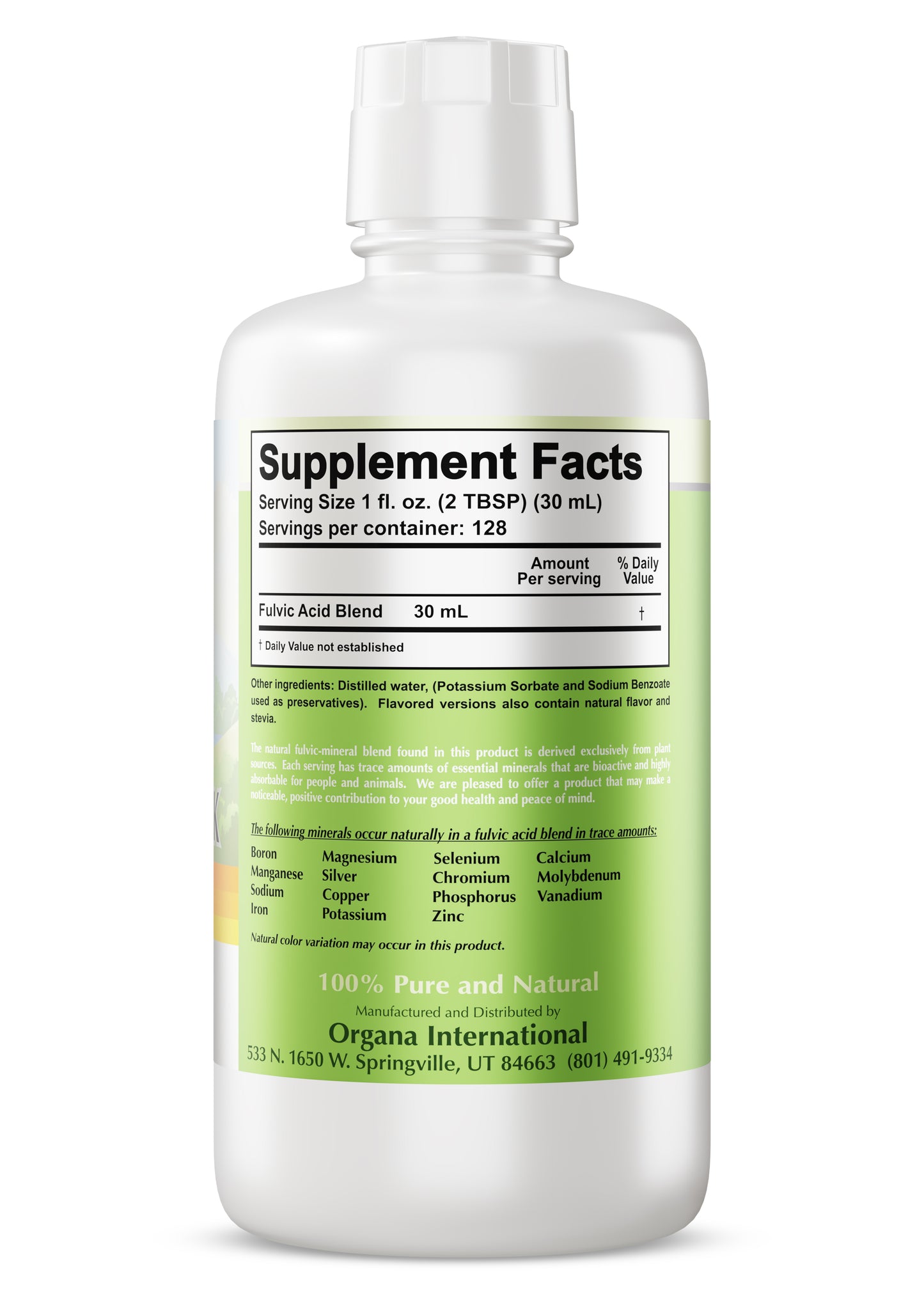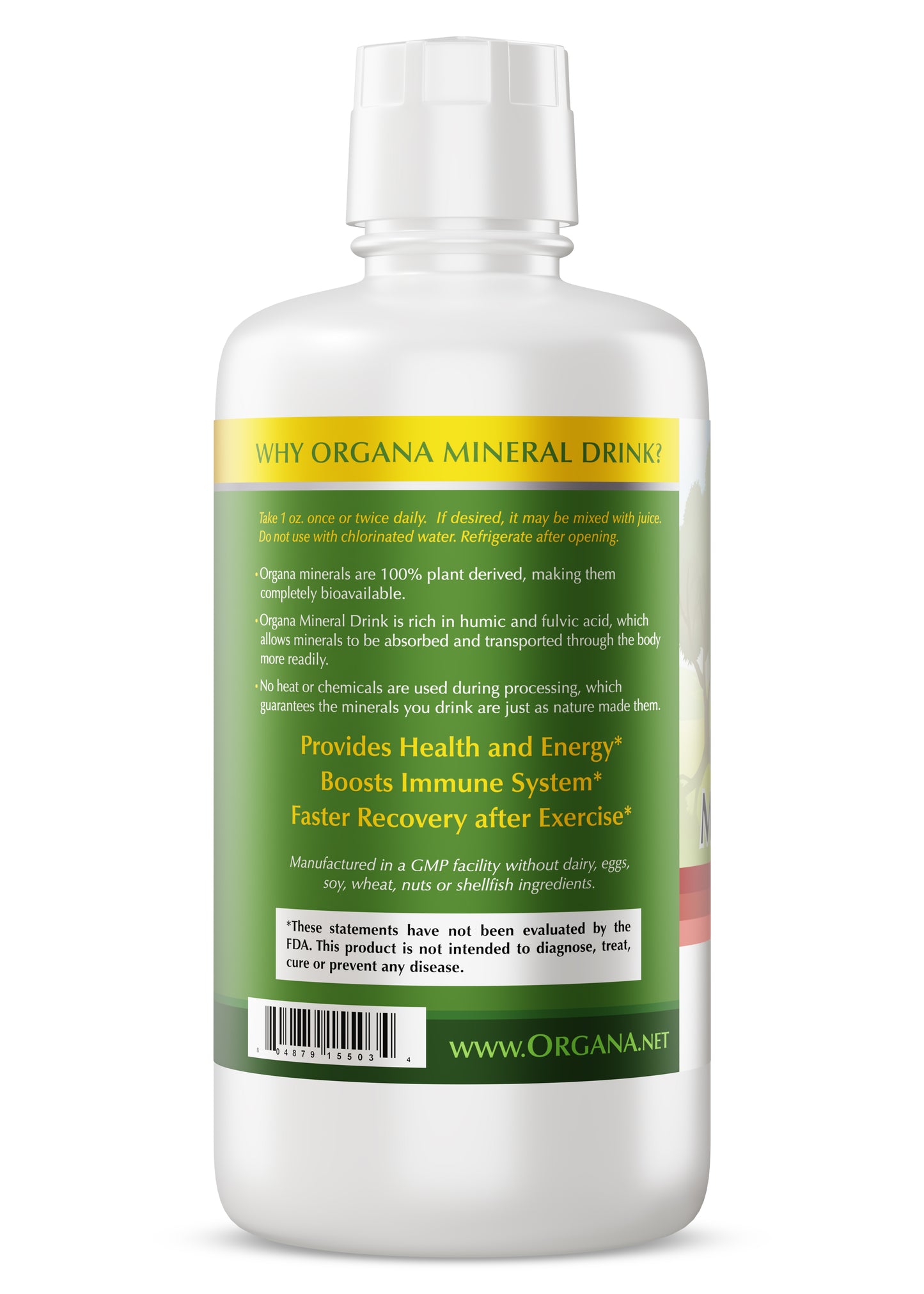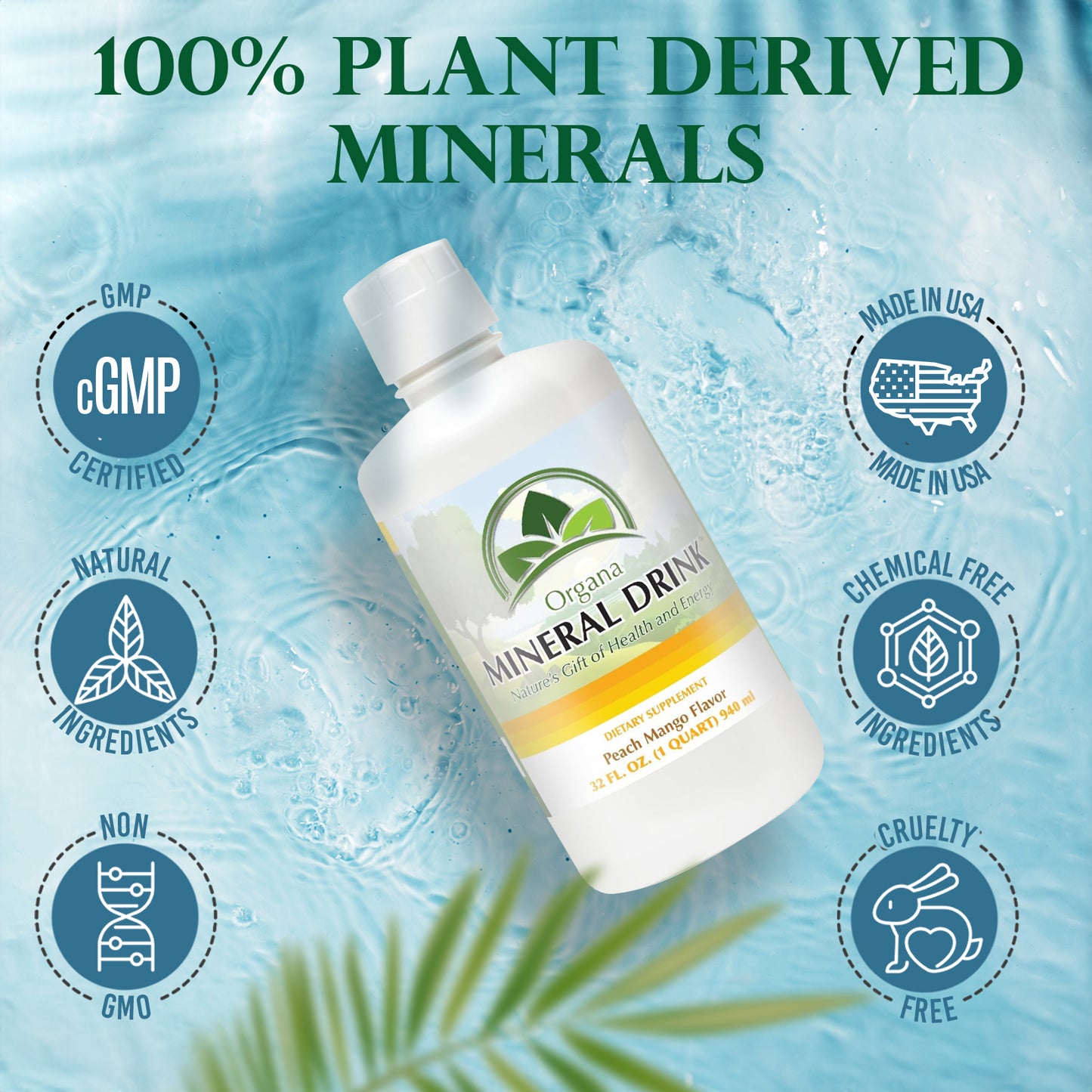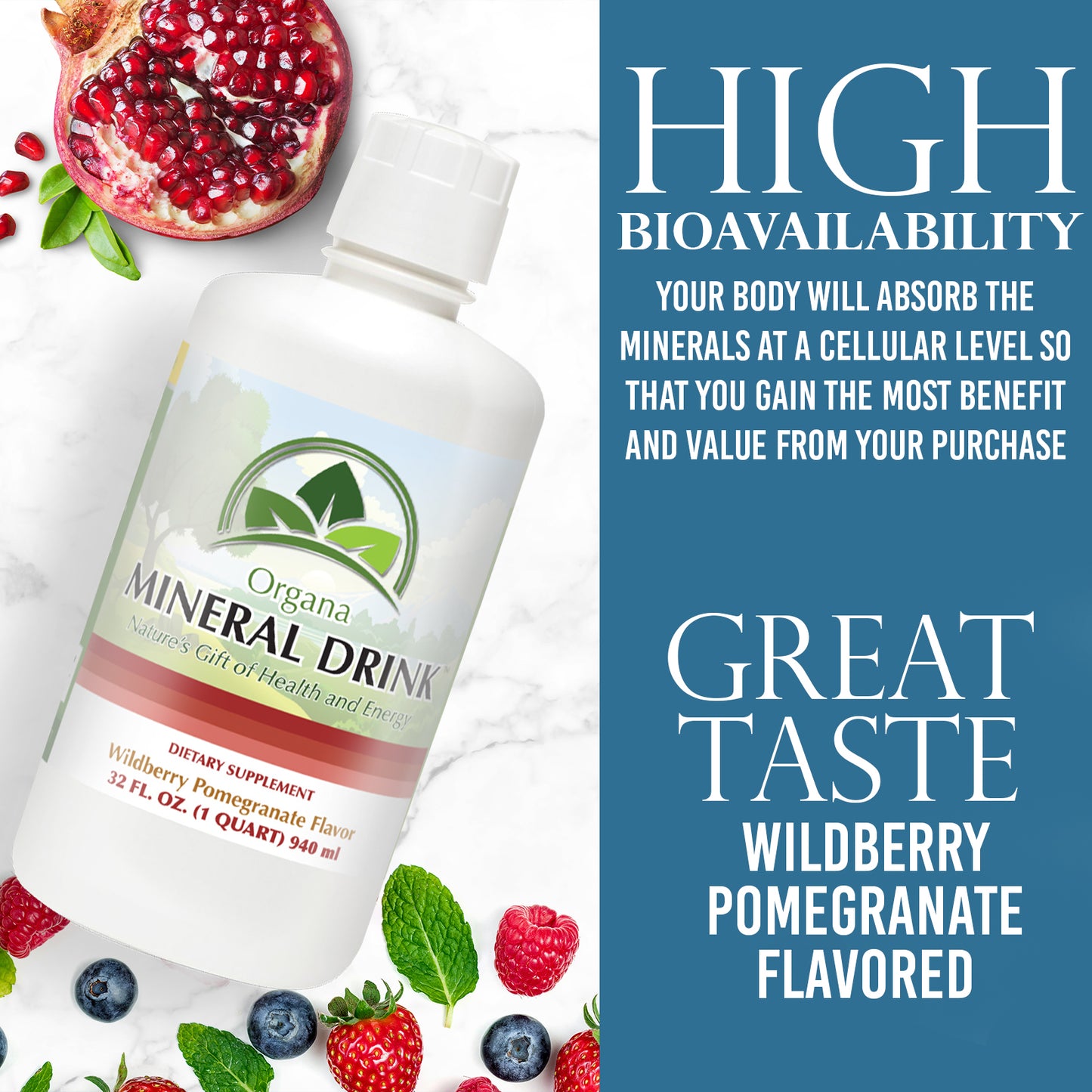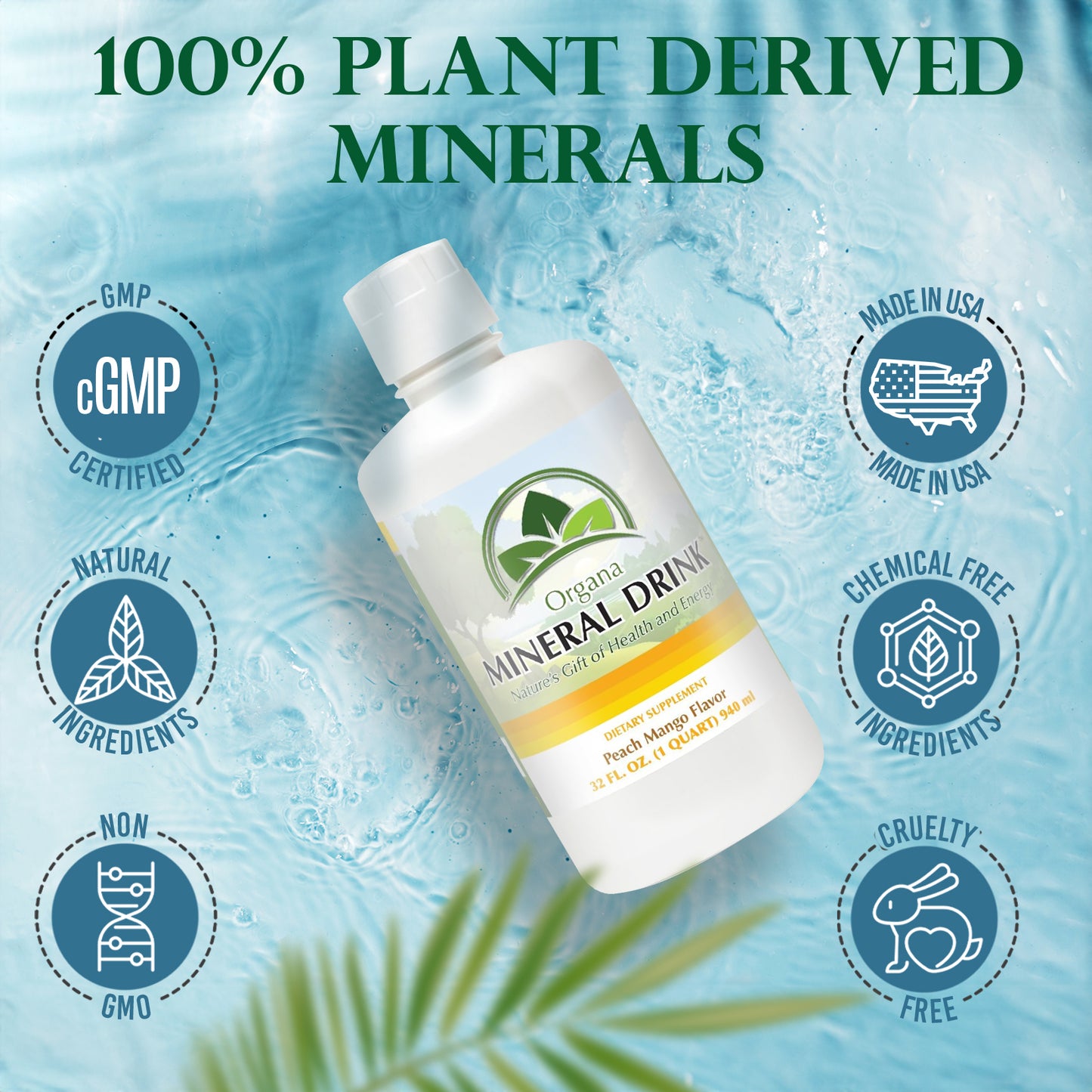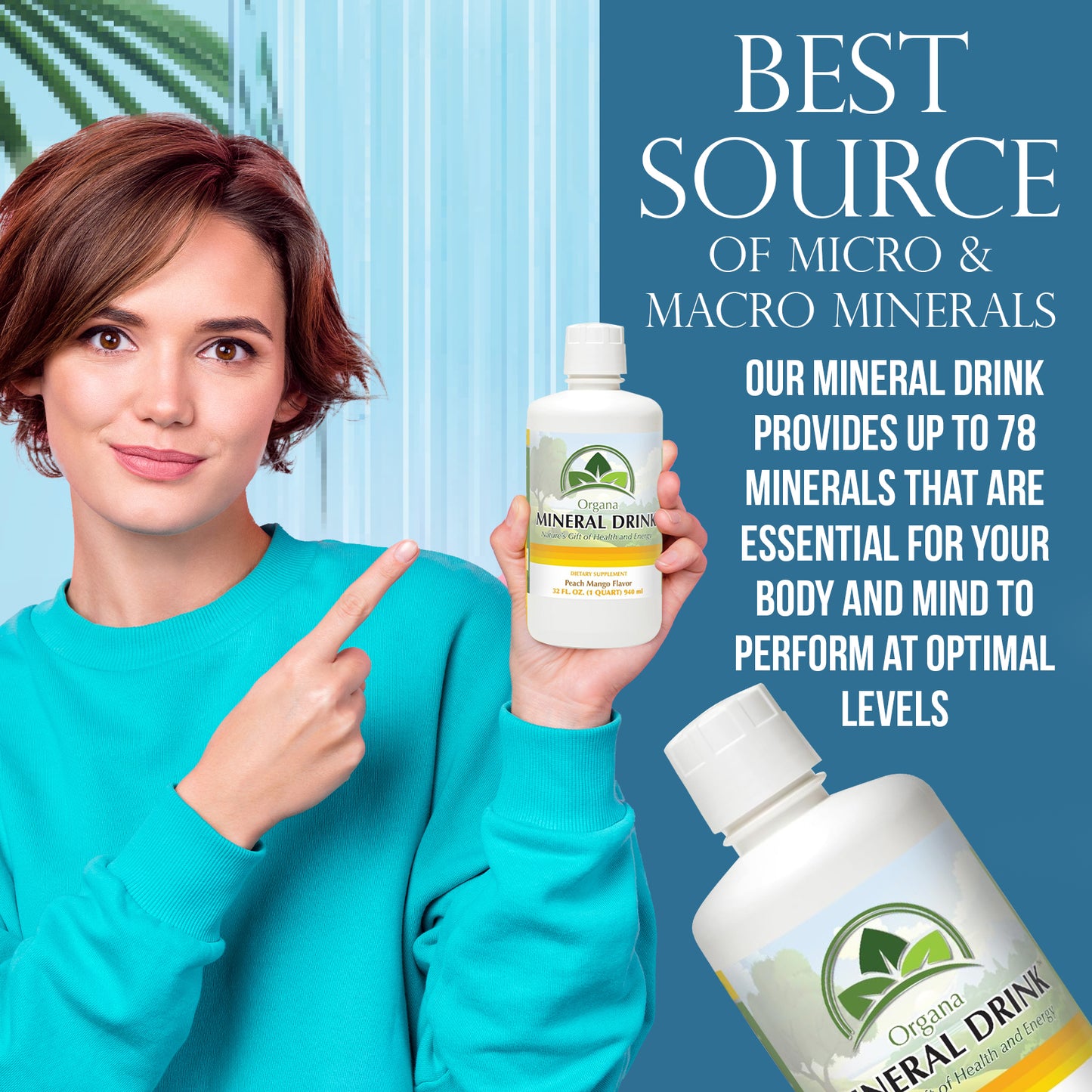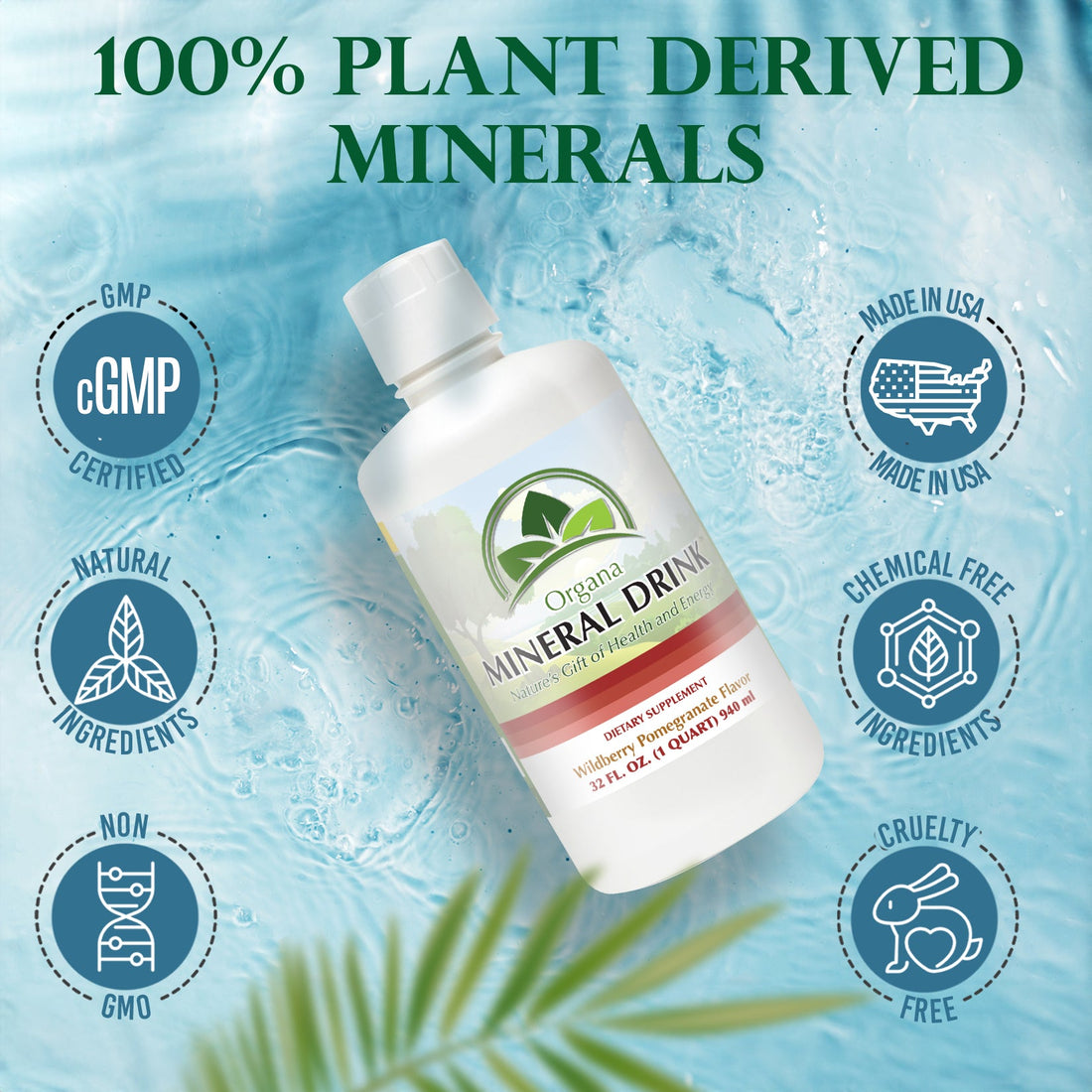
Mineral Supplements: What Are the Benefits Using of NutriNoche?
Share
Essential & Trace Mineral Supplements: What They Are, Who Benefits, How to Choose & FAQs
Getting a complete mix of essential minerals and trace minerals from food alone can be tough. One overview notes many Americans fall short on fruit and vegetable intake, which can impact mineral status (source). Below, learn what minerals are, who may benefit from a multi-mineral supplement, how to choose a quality option, and how NutriNoche Plant-Derived Trace Minerals fit into a simple daily routine.
Key Takeaways
- Minerals (e.g., calcium, magnesium, sodium) and trace minerals (e.g., iron, zinc, copper) support everyday functions from bones and muscles to energy and immunity.
- Because plants pull minerals from soil, produce intake matters—yet many people don’t meet produce recommendations (overview).
- Multi-mineral supplements can help fill gaps when diet alone falls short—especially for specific life stages and lifestyles.
- Choose products with clear labels, sensible serving sizes, and formats you’ll take consistently (many prefer plant-derived liquid minerals).
What Are Minerals?
Minerals are inorganic nutrients the body needs in varying amounts. We often hear more about vitamins (organic compounds), but minerals are equally vital:
- Macrominerals: calcium, magnesium, sodium, potassium, phosphorus and more—needed in larger amounts.
- Trace minerals: iron, zinc, copper, selenium, iodine, manganese, chromium, molybdenum—needed in small amounts but still essential.
Plants absorb minerals from soil; we then get them by eating plant foods (and animal foods that consumed those plants). When diet quality slips, mineral intake often does too.
Why Diet Alone May Fall Short
- Low produce intake: Many people under-consume fruits/vegetables, reducing natural mineral intake (overview).
- Highly processed foods: Convenience items can crowd out mineral-rich whole foods.
- Life stages & demands: Pregnancy, lactation, growth, training, and aging can shift mineral needs.
Who Can Benefit from Mineral Supplements?
Needs are individual, but many adults consider a multi-mineral to support baseline intake—especially if diet variety is limited. Some groups often reviewed for specific minerals include:
- Those mindful of iron: Iron supports hemoglobin and oxygen transport; shortfalls can contribute to iron-deficiency anemia. Women of childbearing age may be more susceptible (overview). Explore: NutriNoche Liquid Iron.
- Immune & skin support routines: Many people include zinc and copper in well-rounded stacks.
- Active lifestyles: Training blocks can increase attention to magnesium, electrolytes, and overall mineral balance.
If symptoms like persistent fatigue, brain fog, or brittle hair/nails sound familiar, ask your healthcare professional about evaluating your status.
How to Choose a Multi-Mineral Supplement
- Format you’ll use daily: Liquids and drops are easy to mix and sip; capsules/tablets are portable.
- Transparent label: Clear ingredient list and serving guidance.
- Diet fit: Consider plant-derived mineral sources if you prefer a food-origin approach.
- Stack smart: If you also take single-mineral products (e.g., iron), avoid duplicating large amounts unless advised by your clinician.
Try: NutriNoche Plant-Derived Trace Minerals as a simple, daily foundation.
How to Use Minerals in a Daily Routine
- Follow the label: Use only as directed for serving size and frequency.
- Consistency: Daily, steady intake beats sporadic large doses.
- Timing: Many take minerals with meals; some single minerals (like iron) may have specific timing—follow your product and clinician advice.
- Hydration & diet: Pair supplements with whole-food meals rich in produce, legumes, nuts, seeds, and quality proteins.
Safety, Interactions & Sensitivities
- Medical guidance: If you’re pregnant/nursing, managing a condition, or taking medications (e.g., thyroid meds, antibiotics, blood thinners), consult your healthcare professional before use.
- Do not exceed directions: More is not always better; excess intake can cause imbalances.
- Watch duplicates: Combining a multi-mineral with separate iron/zinc/magnesium products can stack amounts quickly—review totals.
- Stop if adverse reactions occur and seek medical advice.
The NutriNoche Difference
If it’s not practical to get all your minerals from food every day, a simple, clean routine helps. NutriNoche focuses on straightforward formulas and practical serving guidance. Explore our plant-derived option: Organa Plant-Derived Trace Mineral Supplement.
Want to learn more about our approach? Read the NutriNoche FAQ.
Top 10 Mineral FAQs
1) What’s the difference between vitamins and minerals?
Vitamins are organic compounds; minerals are inorganic elements like calcium, magnesium, iron, zinc. Both are essential in different amounts.
2) Do most people really need a mineral supplement?
Diet comes first. Because many people under-consume produce, a multi-mineral is commonly used to support baseline intake—ask your clinician for personal guidance.
3) What’s the difference between macrominerals and trace minerals?
Macrominerals are needed in larger amounts (e.g., calcium, magnesium); trace minerals in smaller amounts (e.g., iron, zinc, copper), yet both are essential.
4) Can I take a multi-mineral with single-mineral supplements (like iron or zinc)?
Yes, but review totals to avoid excess and interactions. Your clinician can advise on spacing and amounts.
5) Are plant-derived liquid minerals better absorbed?
People often choose liquids for everyday convenience and consistency. Absorption depends on many factors; choose a format you’ll use daily and follow the label.
6) When should I take my minerals—morning or night?
Consistency matters most. Many take minerals with meals; some singles (like iron) may have special timing—follow label or clinician advice.
7) Can minerals upset my stomach?
Some people are sensitive to large single servings. Taking with food or splitting servings may help. Stop use and seek advice if adverse reactions occur.
8) Do minerals interact with medications (thyroid meds, antibiotics, etc.)?
They can. Check with your healthcare professional about spacing and suitability if you take prescriptions.
9) How do I know if I’m low in a mineral like iron or zinc?
Only a clinician can assess status via history, diet review, and—if appropriate—lab testing. Avoid self-diagnosing and mega-dosing without guidance.
10) Where can I buy NutriNoche minerals?
Plant-Derived Trace Minerals: https://nutrinoche.com/products/organa-plant-derived-trace-mineral-supplement
Liquid Iron: https://nutrinoche.com/products/nutrinoche-liquid-iron-supplement
Colloidal Copper: https://nutrinoche.com/products/nutrinoche-colloidal-copper-supplement
Liquid Zinc: https://nutrinoche.com/products/nutrinoche-liquid-zinc-supplement

